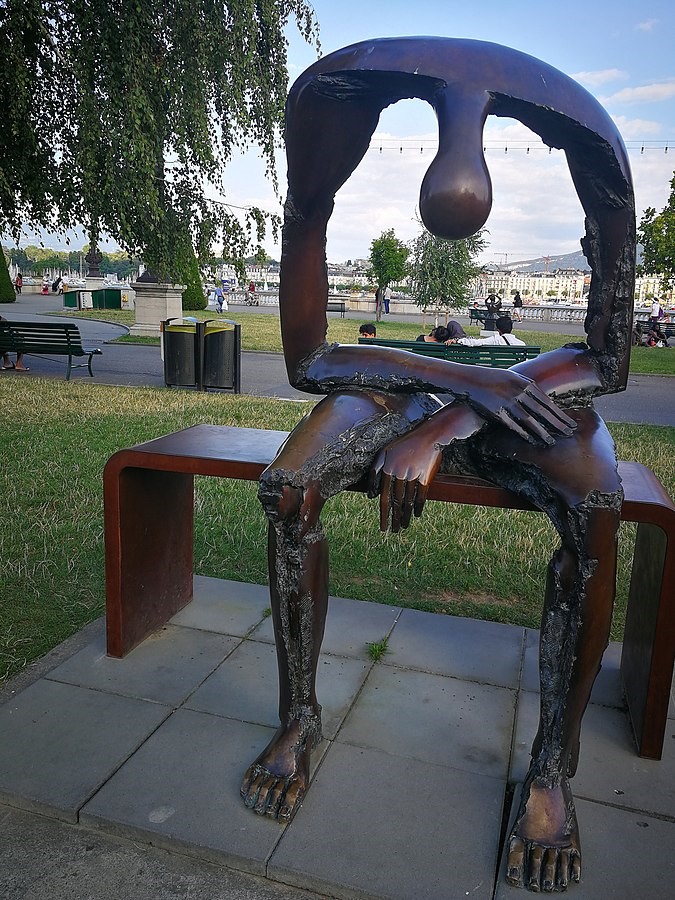
National Grief Awareness Day takes place on 30 August every year and aims to open up the conversation around grief, raising awareness about how it can manifest in our lives – and how we can cope when this happens. Whether you’re currently navigating the complexities of grief, or you know someone who’s grieving, understanding grief and the ways in which we can work through it can help both with your own experience and in supporting others.
We often associate grief only with death, but there are lots of circumstances that can lead people to grieve. This could include the loss of a family member/loved one (people or pets), breakdown of a relationship, job loss, coming to terms with a chronic illness or other health condition, financial losses or loss of freedom.
While there are no defined ‘stages’ of grief, there are some common emotions and reactions linked to loss. Physical effects can include weight change, poor sleep, resulting in tiredness and aches and pains from stress-related tension. Behavioural effects can include withdrawing from social activities/not leaving the house, forgetfulness, poor concentration, excessive worrying about loved ones. Emotional effects can include sadness, loneliness, anger, guilt or feeling numb.
No one’s experience of grief will follow the same path and, for some, this will be meandering while for others, it might be more linear. Whether grief ebbs and flows in your life in varying periods of intensity or peaks at a certain point, there’s no ‘right way’ to experience grief and all responses are valid. Learning to live with grief, in whatever form it takes, is a challenge, but there are ways in which you can support yourself and others.
While a nothing can make grief ‘go away’, there are things you can do that help you while navigating grief:
Sometimes it’s hard to know how to support someone who is experiencing grief. There are small things you can do that could make a big difference:
If you or someone you know is grieving and you would like to explore professional support, you can reach out to:
And if you require urgent help, you can contact Lifeline (Northern Ireland’s crisis response helpline): 0808 808 8000 / https://www.lifelinehelpline.info /